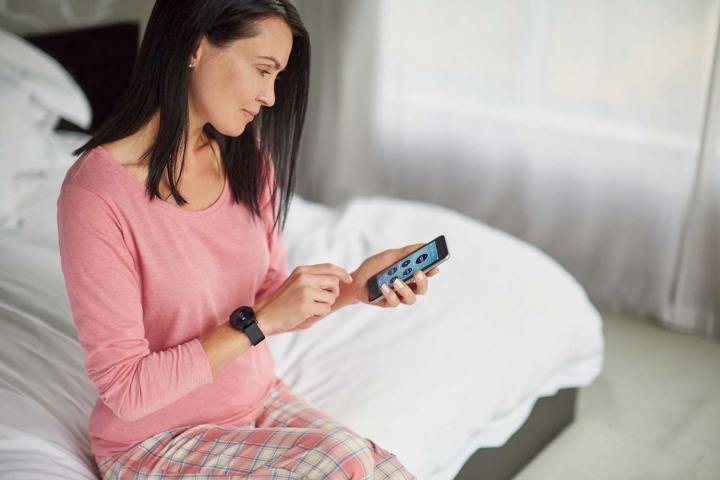
According to the results of a new study published in JAMA Internal Medicine, the computer-aided detection (CAD) software that is now used in 90 percent of mammograms and costs the United States an additional $400 million a year in its healthcare tab makes little to no difference in helping radiologists detect breast cancer. Oops.
The large study, which involved researchers from across the United States as well as the Group Health Research Institute in Seattle examined results from 625,000 mammograms performed at 66 cancer centers in five states. According to the study leaders, “CAD improved no measure of accuracy of screening mammography: how often cancers were detected, how often they were missed, or how often something was incorrectly labeled as cancer.”
Moreover, lead author Constance D. Lehman, MD, PhD noted, “Even more troubling, when we studied the 107 radiologists who interpreted both with and without CAD, we found that a given radiologist tended to miss more cancers when using CAD than when he or she didn’t use the software. It may be that radiologists reading with CAD are overly dependent on the technology and ignore suspicious lesions if they are not marked by CAD.”
Decidedly miffed by the results, Diana Buist of Seattle’s Group Health Research Institute posited, “This is a perfect example of something that has taken off without adequate analysis of the harms and benefits.” Others pointed out that if CAD doesn’t in fact help with detecting cancer, having patients pay for the service seems to be a waste. “They should not be required to pay for it,” said Dr. Joann Elmore, a diagnostic accuracy specialist at the University of Washington who was not involved in the study.
Of course, just because CAD has not been confirmed be an effective tool doesn’t mean that women should stop getting mammograms. “If women do want to get breast-cancer screening, mammography is the best and only well-studied breast-cancer exam,” Elmore emphasized. So keep yourselves safe, ladies. But just don’t throw your money down the drain while you’re at it.


